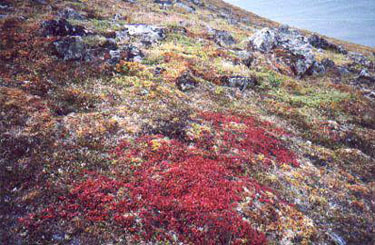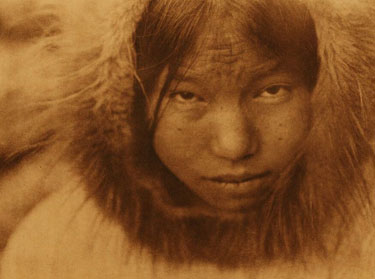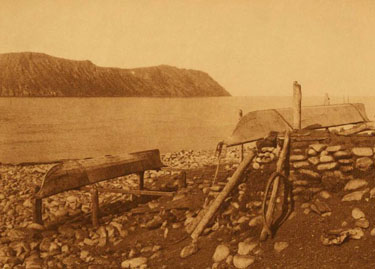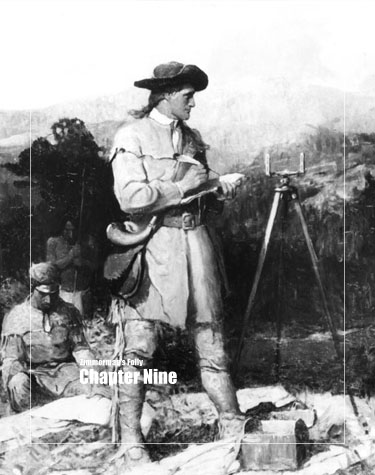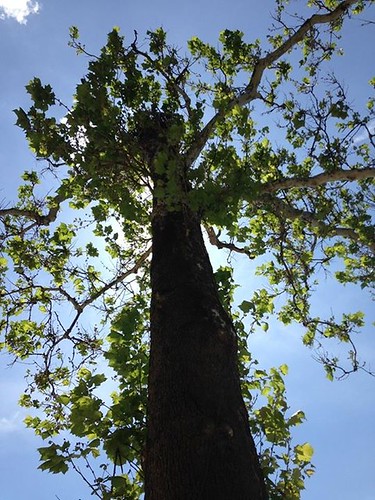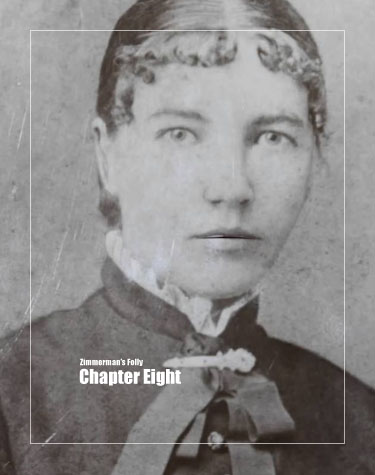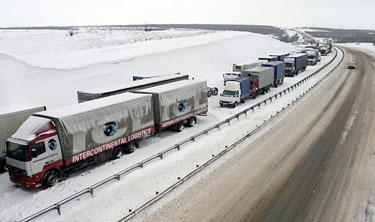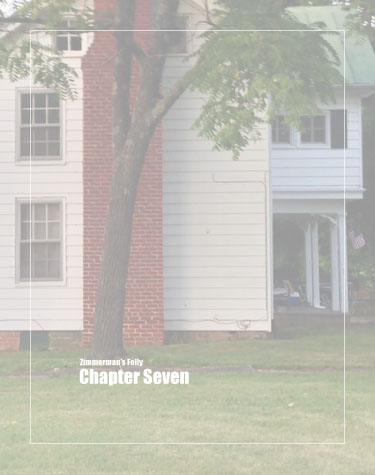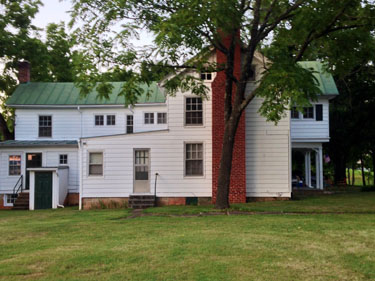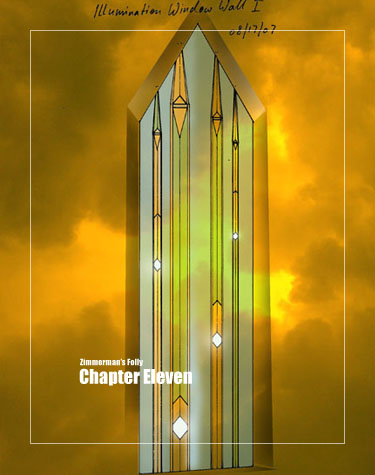
Never, never, never... give up!" -- Sir Winston Churchill
We want to know not how we should pray if we were perfect but how we should pray being as we now are." – C. S. Lewis
Now the man who had brought them all here was gone. Greene thoughtfully fingered the letter, and reflected simply: "Here we have a unique sermon, spoken by a man who wanted in the end to strip away all pretense, that if there was indeed any evidence of the Divine having transformed his life, you might see it. As his friend, I can attest to it that I have seen much evidence that Rupert Zimmerman was a man who's life was transformed.
There was one more thought to be read from Zimmerman's 'last letter,' then the mourners would drive out the Memorial Tower on the Eastbound span, where Rupert's ashes would be interred. The tower was a unique bit of architecture containing a pipe organ built with pipes made of glass! It was built by an Austrian master builder and Pastor Greene loved its pure sound. He often retreated to the memorial tower to play this instrument as he arranged his thoughts for the weekly sermon. The tower had been built to remember the lives of those who had died on the Bering Strait Bridge. There were even glass pipes of the organ embedded in the stained glass windows. The effect was a beautiful chapel where art and music came together in solemn harmony:
We will now proceed to the little chapel on the bridge." Green continued, "In it are remembered the names of those who died on the bridge and its approach roads. The first plaque recalls the name of a man who plunged to his death into the icy waters. I'll never forget that night, for I held tight to the man's friend, who was about to jump into the icy void after him! Though that man didn't escape my grasp and follow him... he took no thought for his own well being at the time. He, in that sense, was ready to lay down his life for his friend!"
So, I would have to say that TWO men died that night on the bridge, though that man was brought back from the brink and ministered to much by my friends the Greenes. He went home to love and serve his family. We know his granddaughter, the young woman who helped Kris paint the mural at the college, for she spent two Summers with us here at Big Diomede."
But there was a THIRD man that died that night on the bridge... it was ME! That was the night I gave my heart to learn the ways of the Kingdom I have now entered into. I tasted honest prayer that night, and though there was no sudden transformation, I ceased to live as the man I once was... I now lived for a new Master... and He demanded my very life!"
The life you have come to remember today was, I hope, the life of Him living in me more than me living as I've always lived. George Müller was as bad a man as I in his first life, but saw a transformation in himself that led him to declare that 'the age of miracles is not past.' Living in simple trust of the one who had transformed him, he built five large orphan homes at Ashley Downs in Bristol. I've visited them. History tells me that indeed the age of miracles is not past! I have been blessed to live in it!"
I will not tell you in a letter how to pray. For me it took Jon's patient friendship to bring me to that point. Around you today are many who have tasted the Kingdom I speak of. They will be more than eager to show you the full richness to be found there. Words fail to describe it. I've rambled long. I've taken more than my share of this day... so please enjoy your trip to the little chapel and if you are so inclined, make your way to Wales and hike on my beloved Cape Mountain for me!"
The little choir sang "How Great Thou Art" and the mourners prepared to drive to the memorial tower chapel. The Eastbound span had been closed to traffic for the procession, but people had been allowed to walk out along the shoulders of the span’s travelway... and here they were! Men and women of the New World, assembled to remember the passing of one man. Truckers and motorcycle riders stood shoulder to shoulder with security officers and waitresses. Cooks and concrete finishers, steel workers and seminarians, pilots and mechanics, dishwashers and designers, mothers and babies, farmers and house builders all lined the bridge together. Old soldiers and Inuit communications specialists joined together with young engineering apprentices to line the path between continents that had changed their lives. Elizabeth sobbed unashamedly, knowing that her father's crazy vision and persistence was the reason they stood here. Indeed, without a visionary to build this bridge, there would be no place to stand! A new wave of emotion rolled over her as she realized that this bridge was merely a tool in the hand of a Greater Master... to build the work of the Kingdom that now her father had stepped into. She told the driver to stop the car. She stepped out onto the bridge deck and began to extend her fair hand to those in the crowd... old leathery hands, soft children's hands, brown, black white and all shades in between!, the warmth of human touch blessed the bridge across the Bering!
Martin, Kris and Jon joined her. There was no hurry to complete the journey to the chapel and the impromptu celebration of humanity joined together certainly was something that warmed the heart of the Divine.
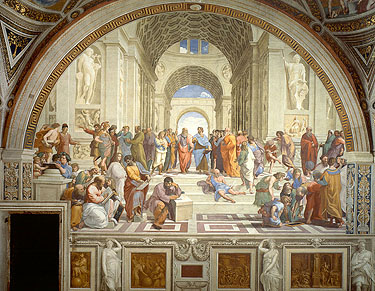
Scuola di Atene by Raphael.
(to be continued) [click to read]
[click to read ]
Copyright © 2019, The Kirchman Studio, all rights reserved

